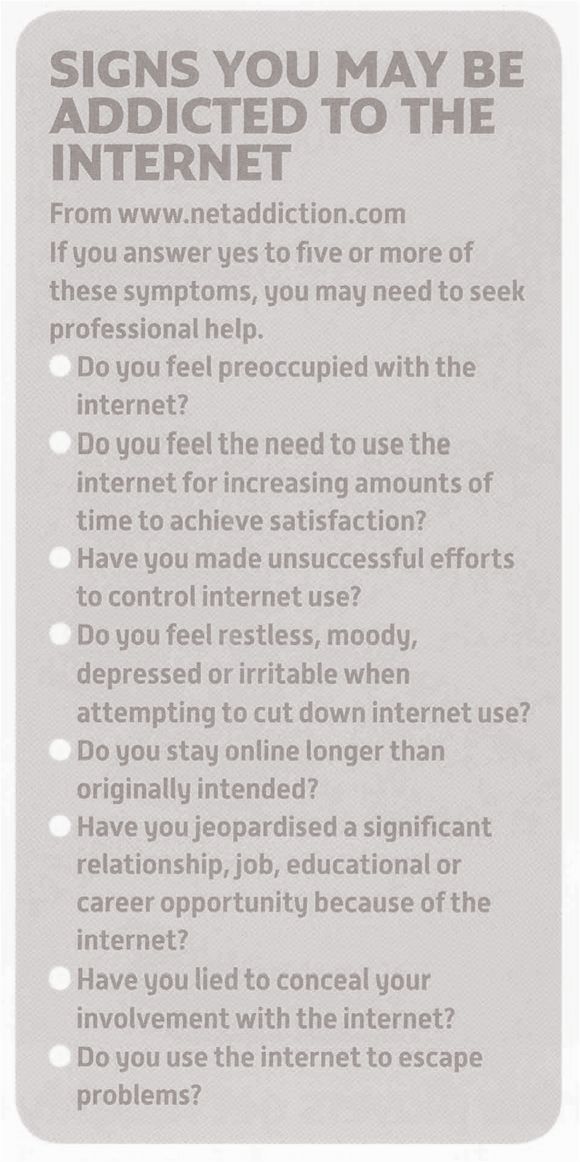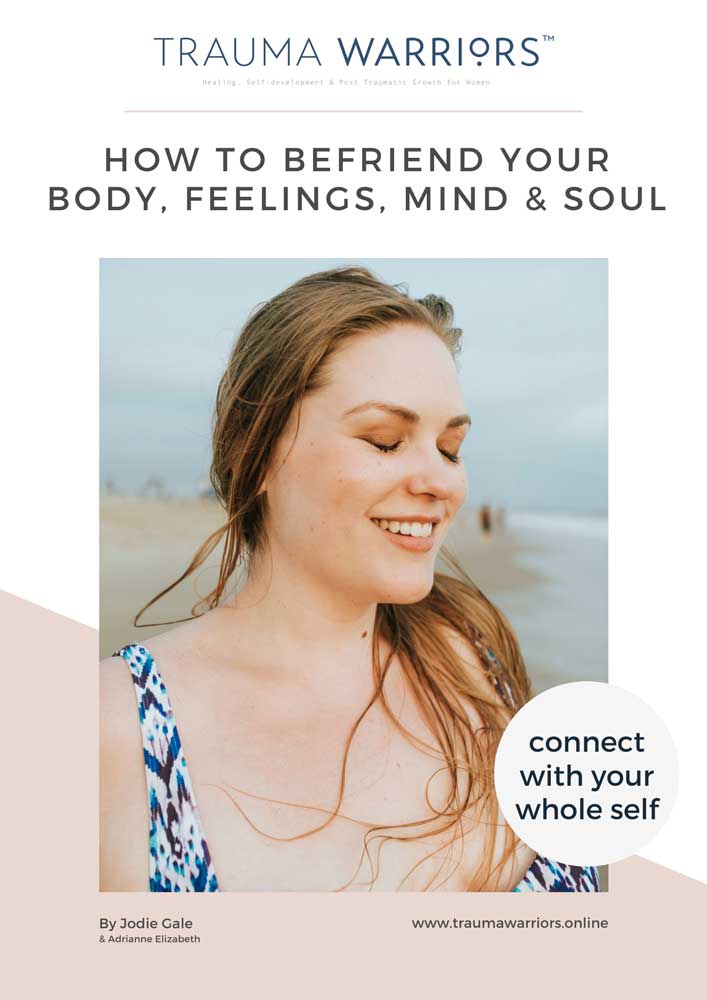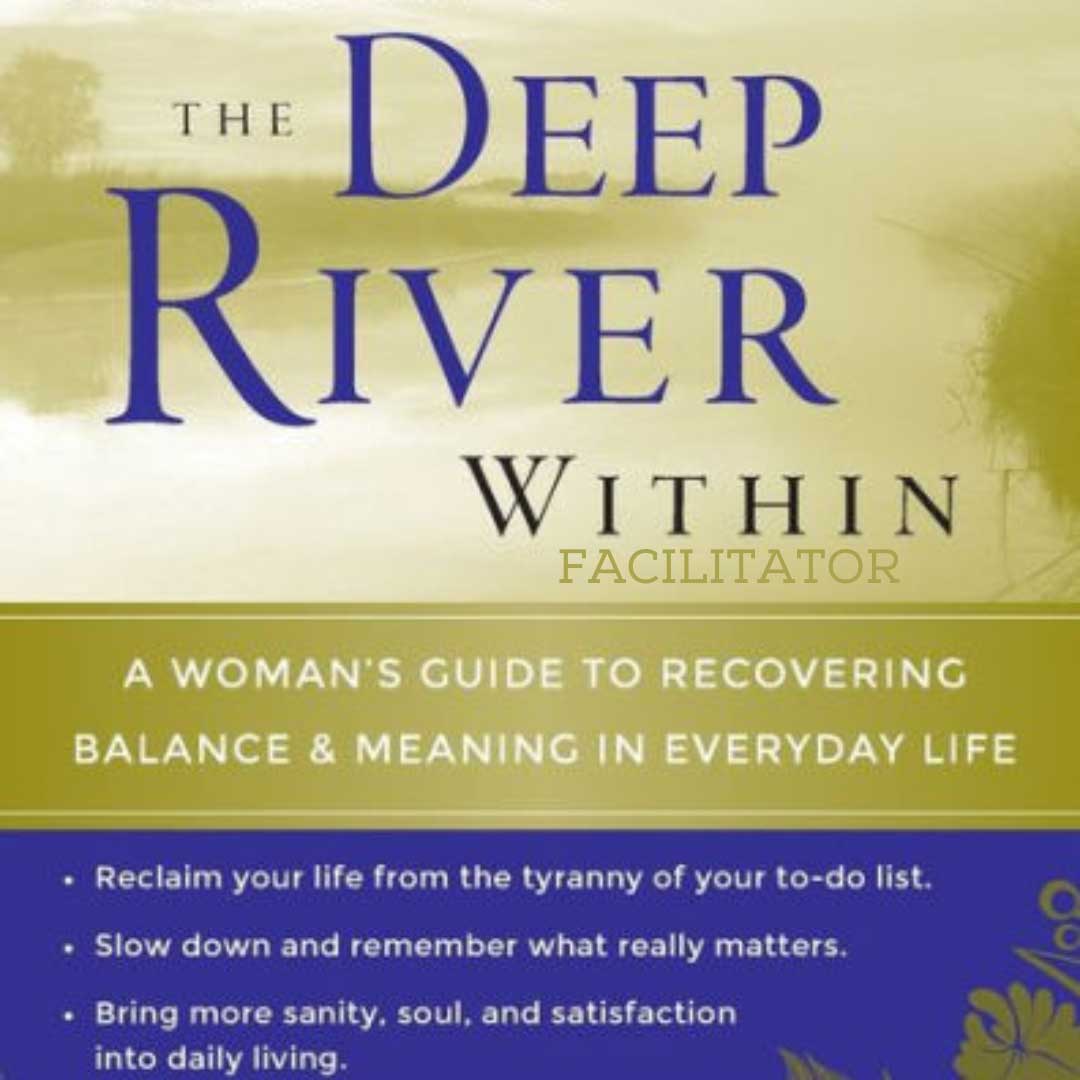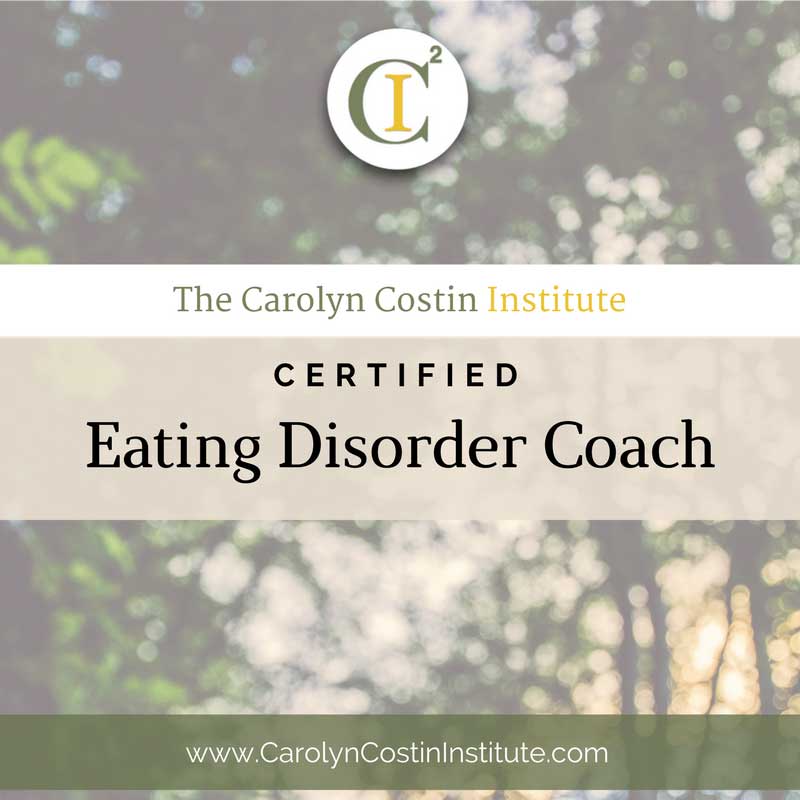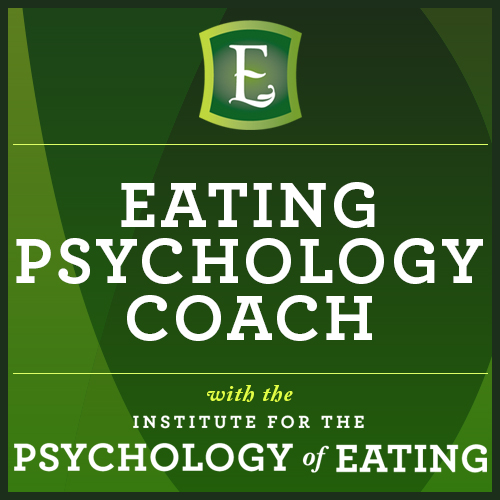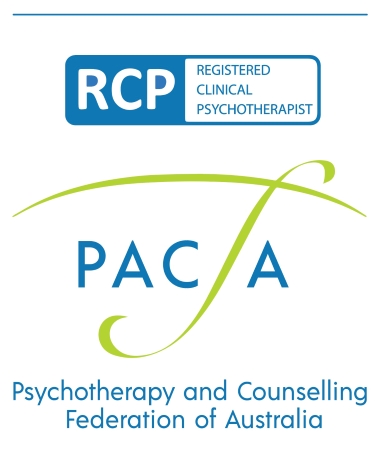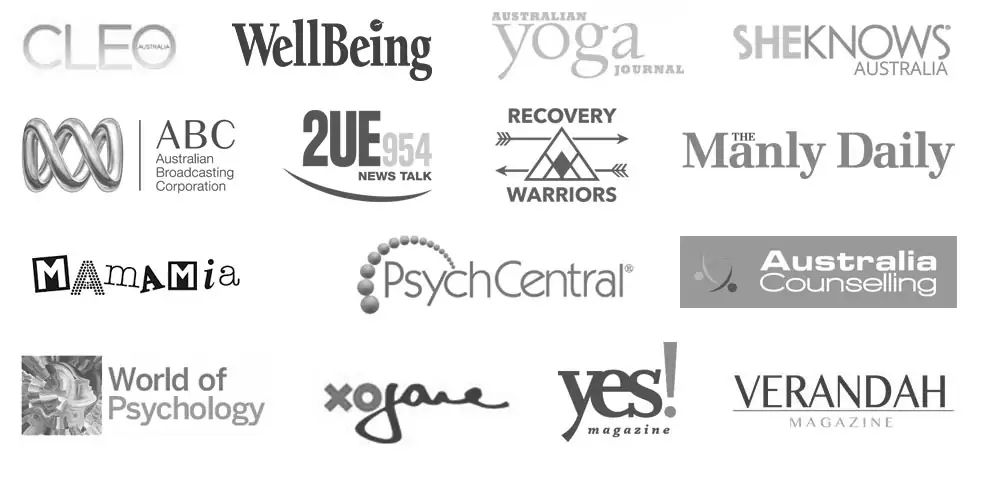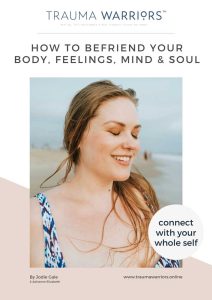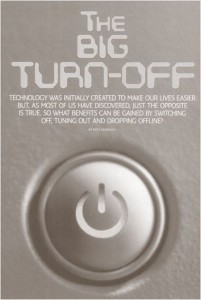
To cite this magazine article: Hennessy, K. (2010). Wellbeing Magazine.
http://katehennessy.com.au/wp-content/uploads/2010/11/The-Big-Turn-Off_Kate-Hennessy.pdf.
Retrieved from www.psychosynthesis.net.au/magazine_psychosynthesis_internet_addiction
The Big Turn-off – Internet Addiction
by Kate Hennessy, contributions by Psychotherapist Jodie Gale
During the Industrial Revolution, workers who were staring into the iron maw of machinery that did not fatigue, responded by fighting for the eight-hour day. This desire was underpinned by the belief that quality of life was best maintained by eight hours labour, eight hours rest and eight hours recreation. Now the Information Revolution is infiltrating all three.
The internet and its glossy harem of mobile devices give us access to information and entertainment anytime, anyplace. They have delivered a knockout blow to previous ways of life. Those of us cynical of technology’s benefits are considered old-fashioned or – worse – ‘out of the loop’. But constant connectivity is shadowed by health and wellbeing concerns. These include stress, disturbed sleep, less dedicated family time, plummeting concentration skills, weight problems, eroded holidays and burnout. Still, we can’t get enough. Demand for iPhones grew by 230% in Australia last year and globally children spend more time online than ever.
Spinning like tops in the middle of all this convenience and connectivity – are we happier?
Susan Maushart decided to find out.
On January 4th 2009, the Perth-based journalist, iPhone addict and mother of three disconnected the family home for six months. Bill (15) was an avid online gamer; Anni (18) could spend 35 hours a week on social networks, games and her mobile phone. Sussy (14) claimed she could not sleep without her laptop or take walks without her iPod.
“We were so focused on what our screens were delivering we ignored the dynamics before our eyes,” says Maushart. “We were ignoring the relationships there in real life
Bravely, Maushart removed all screen-based distractions: internet, TV, mobile phones (mostly) and computers. She charted the experiment in her book The Winter of Our Disconnect. During their half-year digital detox, the family was transformed from a group of related individuals glued to their screens to a genuine family that talked, ate, played games and shopped together.
“We got closer than we’ve ever been. The kids hung out in each other’s bedrooms and on a Saturday we lay around reading the paper. Food became a huge thing, which was very bonding. We also spent more time with our pets.”
Trips to the movies spiked, says Maushart, but they relished the films like never before.
“We arrived with every pore open to watch because we weren’t filled to the brim with information. It was like a meal
when you haven’t snacked in between – it’s so much more satisfying.
“The wireless internet aspect has really changed things for families. A dial up or Ethernet connection is rooted to a designated place but having your house wirelessly connected so you can roam freely brings the mountain to Mohammed, in a sense. The boundaries are gone.”
Maushart’s family is now juggling reality back on the grid, alongside the 80% of Australians who are internet users. It’s strange to think that in 1995 we communicated via hand-written letters. Fifteen years later, receiving a letter elicits a mix of surprise, nostalgia and awe that someone could be bothered. By 2011, 3.2 billion email will be sending 35 trillion emails each year. That’s an awful lot of email-checking, something New York-based author John Freeman learnt the hard way. Freeman had been a book critic for 10 years when his ability to concentrate began to deteriorate. As his emails reached nearly 300 each day and he started having difficulty reading books, Freeman realised his waking hours were dominated email. He no longer had the time or peace of mind to read.
Freeman is not alone. “I’m not thinking the way I used to,” wrote Nicholas Carr in his controversial article ‘Is Google Making us Stupid?’ Carr argues that his concentration decline might be caused by the distractions of web browsing and, paradoxically, the ease of online search. “The price of zipping among lots of bits of information is a loss of depth in our thinking.”
Maushart also observed “a cognitive antsy-ness” in her habits.
“It took the form of boing-boing-boinging my way through a hundred sources and never settling down to digest any one of them.”
The hormone and neurotransmitter, dopamine, could be the culprit. Dopamine is released by experiences like food, sex and drugs and, unsurprisingly, is associated with enjoyment. In the same way poker machine players get roughly one payout every 20 times they whack ‘deal hand’, compulsive email-checkers get around one rewarding email for every 20 meaningless email. These intermittent rewards prompt the release dopamine.
Neurologists call it ‘variable interval reinforcement schedule’, meaning actions are rewarded … but not every time. Unpredictability is part of the appeal.
Psychologists argue if internet addiction is an addiction in its own right, or just the gateway drug for underlying addictions to online pornography or online gambling. Regardless, horrifying stories abound such as the Korean parents who raised a virtual child in an online game as their real baby died of malnutrition. But could these more extreme media headlines – deplorable scenarios within which few of us recognise ourselves – be masking a milder but more widespread epidemic of internet over-dependence? Despite having great weather for outdoor pursuits, Australians spend more time on social networks than any other country and a University of Melbourne study suggests 10% of Australian internet users show signs of internet addiction.
Psychotherapist Jodie Gale says addiction of any kind is commonly about filling emptiness and longing.
“Underlying any addiction is a longing for the spiritual qualities of love, joy, belonging, relationship and connection. People can find themselves searching in the wrong places, like in food, drugs, alcohol, sex, or the internet. To recover, they need to redirect the search from outside to inside and reconnect with themselves.”
This is often what makes recovery hard, says Gale. “When an addict stops ‘using’ they wrestle with the darkness they have been trying to avoid – loneliness, pain or grief for example. People suffering from addiction rarely live in the ‘here and now’, they either live in their past or in the future.”
Maushart’s experience backs this up. A native New Yorker, she moved to Perth 24 years earlier but never truly settled there. “I was using the internet to self-medicate my own restlessness and homesickness. I didn’t actually want to be in Perth anymore so I was immersing myself in a world of information and entertainment from elsewhere, mainly New York.”
Once disconnected from her “feeding tube” Maushart lived in Perth with her mind, body and all her senses. Forced to take her daily walk sans ‘This American Life’ podcast, she noticed new details about her old neighborhood. Six months on, Maushart was ready to make the big decision to move back to New York.
Pre-disconnection, she observed her daughters’ tendency to ‘live online’ too.
“The girls were becoming mere accessories for their own social networking profiles as if real life were simply a dress rehearsal (or more accurately a photo opportunity) for the next status update … They’d hit the pause button on books. Exercise. Conversation. And that other thing … Life.”
Sleep is another worry. A study of teenagers in Finland showed intensive media use was associated with poor perceived health, especially when technology use interfered with sleep. A month or so into the disconnection, Maushart’s youngest daughter Sussy began to sleep … and sleep.
“It lasted around six weeks and when she emerged from that weird little sleepy chrysalis, she was like a different person. I realised she’d been systematically sleep-deprived for years and had a toweringly high sleep debt to repay.”
While Maushart would listen to her children’s phones, “chirping like a cadre of evil crickets” at night, she hadn’t realised Sussy’s sleep deprivation was so profound. Teenagers who sleep poorly report more depression, anxiety, and hostility. They struggle more at school and suffer more fatigue, headaches and stomach-aches than other kids. As if on cue, Sussy’s mood lightened and her grades improved. Meanwhile, her brother Bill blossomed into a musician. Once he’d re-adjusted to life without ‘the beast’ – his powerful gaming PC– Bill began playing his saxaphone for as many hours as he’d played games. The games had been an obstacle to his development as a musician, Maushart (guiltily) realised.
Adults’ health is affected by overuse of communication technology too. Performance coach Andrew May works with busy executives to help improve their productivity and work life balance.
“I see people who finish a day filled with distraction after distraction. The average office worker is interrupted once every five to seven minutes. They’re never concentrating, they’re never mindful. When you’re distracted all day you’re less productive so you work longer hours. You go in earlier, leave later or work on the weekend. This erodes your sleep and your personal life and makes it harder to develop outside interests. Being tired and busy also leads to more coffee and fast food.”
Many claim the multitasking borne of distraction makes them more productive. Teenagers, especially, are good at defending their habit of doing their homework whilst chatting, texting and Facebooking.
But surprisingly research shows that heavy multitaskers are less able than others to block out irrelevant information. This skittish behaviour continues even after they log off.
May agrees that multitasking is a fallacy and points to a simple example to prove it.“Think about when you get lost driving in a foreign city. You pull over, turn off the radio, get rid of any distractions and look at your map. When people really need to achieve a task they tend to shut down, stop multitasking and focus on the job at hand.”
The opposite of multi-tasking is a state of meditation, where all distractions are blocked out. It’s claimed that meditation increases concentration, generates more life satisfaction and reduces anxiety. Is it surprising, then, that those who welcome distraction may struggle to develop these qualities?
It’s not all bad news – the internet can be a remarkable force for those who need it most. When psychotherapist Gale and her husband were suffering from the grief of infertility, Gale found comfort in an online forum. “It was the only place I could be where I really was. I now have many deep relationships with people I met online – we connected through our wounding.”
Bipolar sufferer Simon says micro blogging site twitter possibly saved his life. “My bipolar can get pretty extreme. In the dark times I have tweeted about not being able to go on and had lovely twitter responses or concerned calls. Once my parents were so concerned about something I posted, they came around and whisked me home to take care of me. They monitor my twitter stream now and use it as a gauge of how I am.”
But for other vulnerable people the internet can facilitate a process of unhealthy external validation. Previously, those searching for validation from others turned to more proximate sources like their partners or friends. The internet allows that net to be cast more widely.
“Facebook statuses are a perfect example,” says Gale. “When we update our status, we should ask ‘What am I searching for? Is it recognition? Love? Connection? Approval? Why do I need to look outside for these qualities?’ The answer will differ for everyone but if looking outwards to hear we are good, beautiful or talented will put us at the mercy of others.”
The disconnection that Maushart executed may not be possible – or desirable – for many families. But it is possible to institute a temporary break or a permanent ‘screen-free day’.
“The digital detox need not be permanent but if you want to experience the kind of renewal we did, it should be longer than a day or a weekend,” recommends Maushart. “You can’t control the world, or your job, or your kids’ worlds but you can control your own home. Many people resist the idea that they have control. But you do!”
iPhone addict Leah gets help
“I use my iPhone for music, blogging, Twitter, email, Facebook, E-bay, tracking my weight-loss efforts, GPS street directions, my wedding planner, Spanish translations and on-the-go train timetables! I use a meditation ‘app’ to meditate before sleeping, plus it’s my alarm, so it’s next to me all night.
The iPhone has made my email addiction much worse. I have checked email during a workout, at movie screenings, in the car two minutes from home, when my fiancé goes to the toilet if we’re out, even on a midnight dash to the loo myself! I can’t leave a text message unread longer than 30 seconds.
It’s also changed my habits and responses. If I’m watching a TV show and something funny happens, I feel compelled to Twitter about it instead of just enjoying the moment.
Previously, I left my phone at home when I went to the gym but now I feel like I’m without a limb. I literally feel panicky. It’s a Catch 22 – I crave being away from it but I feel jittery when I am ‘uncontactable’.
I set boundaries before, like switching off at the end of the day and getting a ‘tech break’ at the gym. My partner and I had banned mobiles in the bedroom. When the iPhone arrived, those rules dissolved. My 8-hour work day has extended into an 18-hour one.
I’ve had ‘the look’ from friends during coffee dates when I don’t give them my full attention because I’m waiting on an email or text My mum knows I will check my email during lunch; she just sighs. I know it’s rude but it’s an urge I can’t ignore. My fiancé has told me several times I don’t listen to him. He’s right, it has made my selective hearing habit far worse – sometimes I pretend to listen while actually reading a text/Twitter/email.
Advice from Jo Bassett, creator of the ‘Living Savvy’ lifestyle:
- Return to discarded rules that worked before – ‘tech breaks’, no phone in the bedroom and switch it off at night.
- Stop using the iPhone rest and relaxation. Meditate the old-fashioned way and use a different alarm.
- Give people you care for your full attention. Leave the iPhone in the car and don’t bring it on a date.
- Consider a holiday with limited access to technology. Nothing will fall apart if people can’t reach you – you’ll see!
- Discover how others have broken their technology habits and reliance.
- Commit to one new improvement each week. Don’t take it all on at once.

